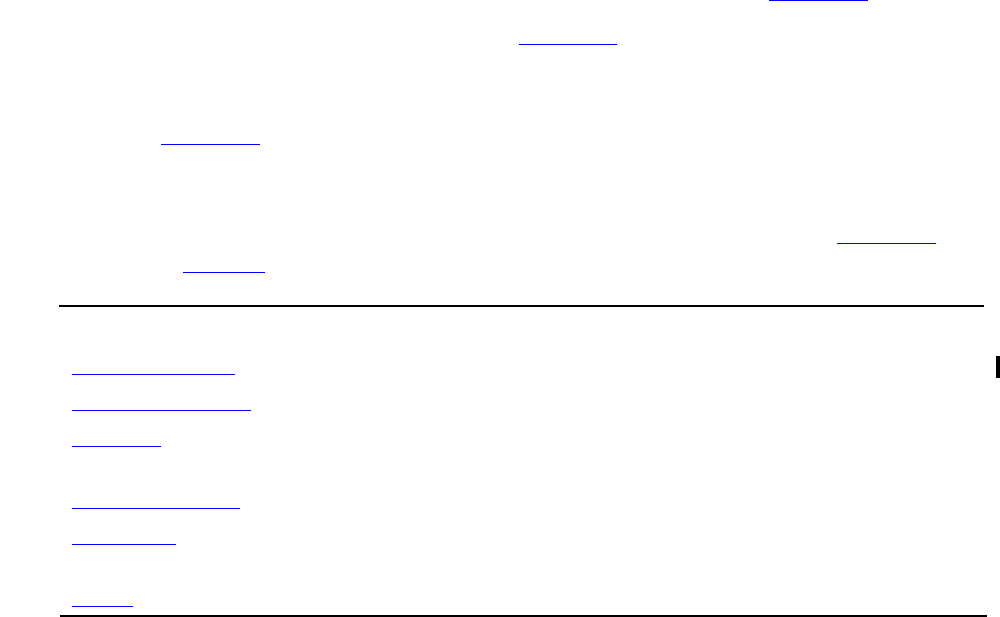User guide
Table Of Contents
- Legal Notices
- 1 Introducing SDR
- 2 Installing SDR
- 3 Configuring SDR
- 4 SDR Operations
- 5 SDR Monitoring and Control
- 6 SDR Commands
- A SQL DDL Statements
- B SDR EMS Messages
- C Testing SDR
- Index

SDR Commands
HP NonStop SQL DDL Replicator User’s Guide—545799-007
6-2
Command Syntax
command also restores all parameters displayed by the ENV command to their default
values.
Command Syntax
SDRCOM is a conversational-mode program. Most commands are single-line
commands and are terminated by the end of line; such commands can be continued by
placing an ampersand (&) at the end of the line.
Alternatively, if you wish to enter several commands on a single line, or if you do not
wish to use a continuation character to enter long commands, you can choose to use a
semicolon (;) to terminate each command. To use (or reset) the (;) as a termination
character, use the SEMICOLON command.
Commands are free-format: spaces are not significant except within character strings.
The commands are not case-sensitive.
Guardian process Defines can be used to specify command parameters:
CLASS MAP defines to specify files or tables
CLASS CATALOG defines to specify subvolumes
Command Description Overview
The SDR configuration and management commands are shown in Table 6-1.
In addition to the SDR specific commands, Table 6-2 shows a list of utility commands
supplied for general use.
The monitor process also accepts commands from SDRCOM; the commands are
shown in Table 6-3. To enter a monitor command, precede the command with the
keyword MONITOR.
Common programs in the $SYSTEM.SYSTEM (or SYSnn) subvolume can be run
directly by typing the name of the program; these programs are shown in Table 6-4
;
refer to the RUN[D] command for the complete syntax. TACL macros cannot be run
from SDRCOM.
Table 6-1. SDR Management Commands
ALTER GLOBAL Changes the value of a global parameter
ALTER MONITOR
Alters SDR monitor attributes
CANCEL
Restarts an RDF updater without performing current DDL
operation
CREATE SYSDB
Creates the SDR system database
EXECUTE
Thaws the SDR updater and allows it to replicate the current
DDL statement
HOLD
Puts an SDR updater in hold state










